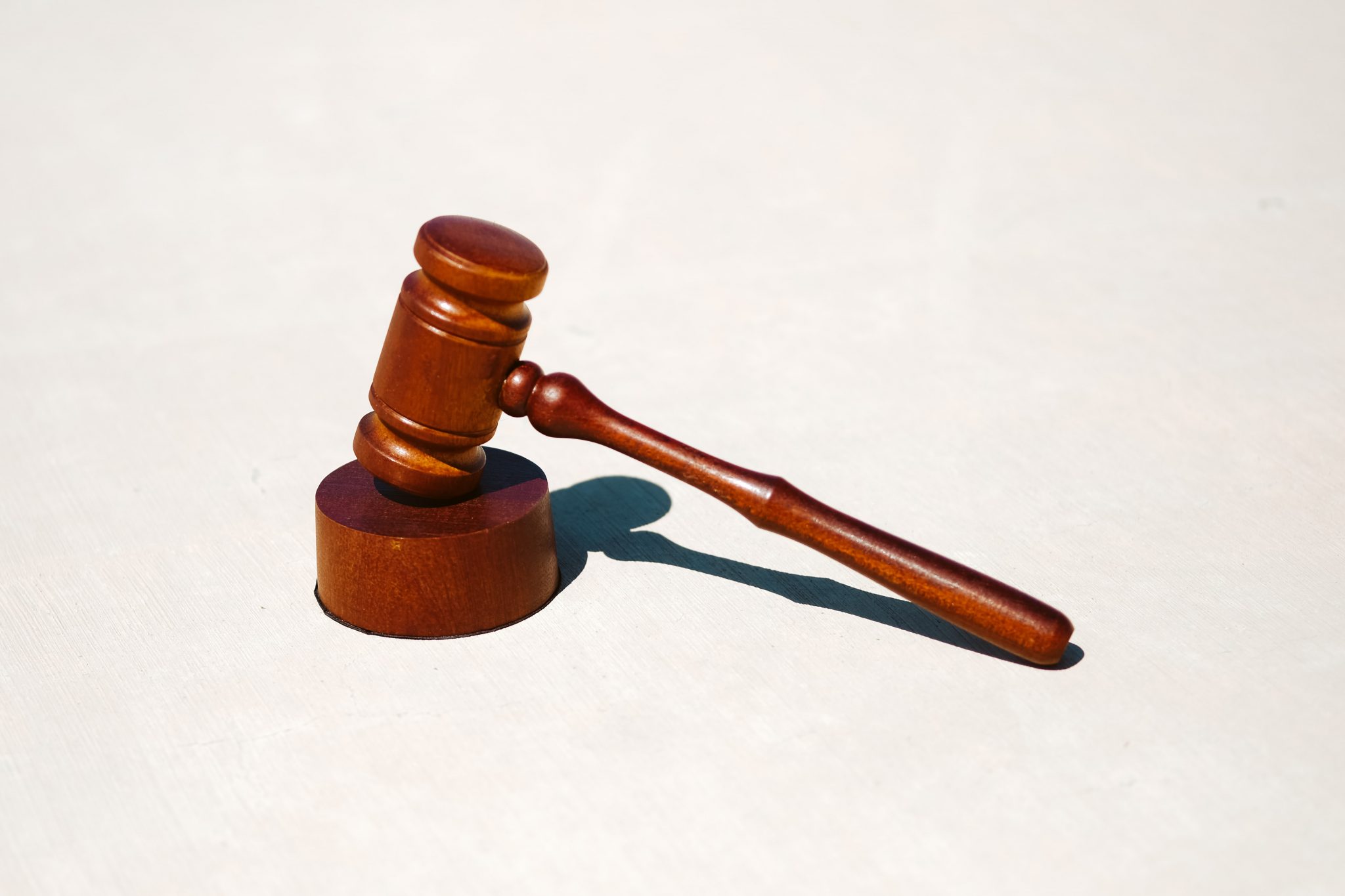When Should You Go To Small Claims Court in Ontario

What Is the Small Claims Court?
Ontario’s Small Claims Court is one branch of the province’s Superior Court of Justice. It’s responsible for handling financial claims of $35,000 or less, with half of all civil claims in the province going through this court. The Small Claims Court aims to provide a cost-effective means of resolving monetary issues. It’s typically used by claimants to bring small lawsuits against other people.
A deputy judge oversees the proceedings of a Small Claims Court. This judge is usually a lawyer who is appointed to the position with the approval of both the Attorney General and a Regional Senior Judge.
Currently, Ontario’s Small Claims Court has 90 sites throughout the province. You can locate the site nearest to you by checking out this court address list.
When Can I Use the Small Claims Court?
You can use the Small Claims Court to sue for claims related to damages or for money owed per an agreement you’ve signed with another party. Examples of the types of suits the court handles include:
- Unpaid loans or rent
- Personal injury
- Property damage
- Failure to pay for a service you have delivered
- Breach of contract
What Are the Steps Involved in Suing Somebody in the Small Claims Court?
Typically, you will follow five main steps when using the Small Claims Court to sue somebody:
- Make the decision to go through the court rather than pursue a different method of resolving the issue.
- Begin a claim by completing the appropriate paperwork and sending the claim to the business or person you’re suing. Claims can be filed online, in person, or by mail.
- Await a response to your claim. If the other party agrees to pay you, the claim ends before it reaches the court. If they don’t, you need to prepare for a court date.
- Go to court to resolve the issue. Assuming the other party doesn’t agree with your claim, you’ll likely end up in a settlement conference with a judge. This conference provides an opportunity to settle the dispute before going to trial.
- If the case doesn’t settle, go to trial and contest the case. If you win, the court will create a payment plan. If the other party fails to follow this plan, you will then need to start a legal process for non-payment. But if you lose, you may find yourself on the hook for paying the other party’s legal fees, as well as your own.
Start your Claim
At Legalhood, we’ve got you covered. Let us help you with your claim. To start the process today with one of our specialized lawyers, simply click here.